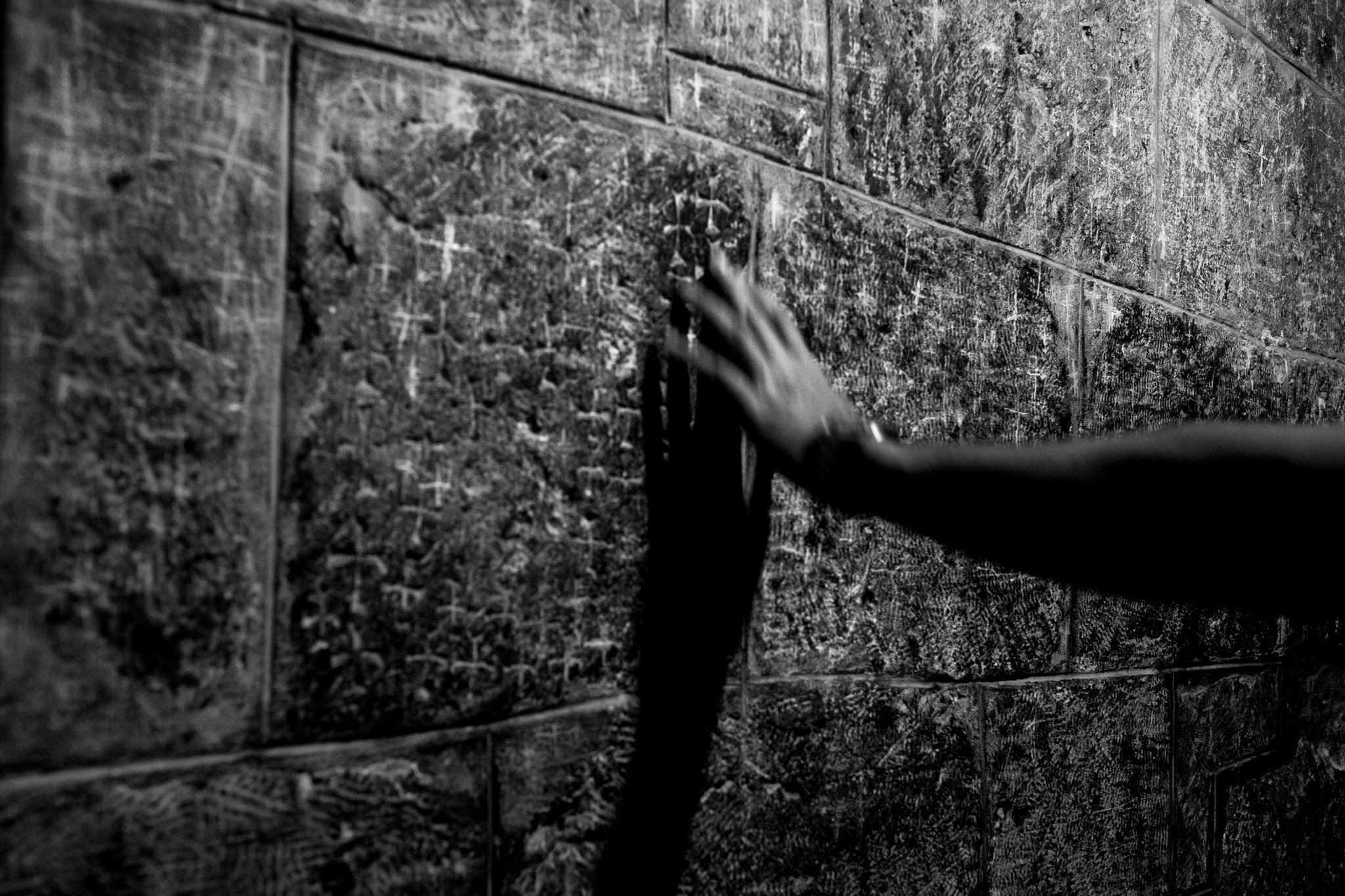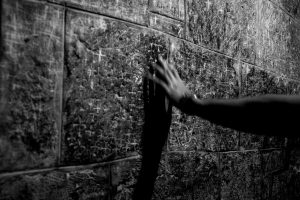There is crossover between the Pagan and occult communities with a prevalent shared opinion being that the tale of Jesus Nazarene is primarily fictive and likely contrived by civil authorities to control the populace. Which of course is entirely possible despite the lack of any documentation to that effect. And, after all, the documentation of the life of this individual is largely confined to accounts that appear in the scripture generated by his followers i.e. The Bible outside of a reference in the roughly contemporary Jewish historian Josephus — which some argue was added centuries later by Christian apologists and civil records of a number of individuals by the same name, some who were reported to be itinerant preachers.
ANYWAY – the crux of this Jesus jawn is this resurrection dealio which is alleged to have happened a few days after he spends hours in prayer which end in him declaring “not as I will but as Thy will,” a seminal declaration of submission to the Will of God which would be identified by pious Muslims as “islam,” whilst the Koine Greek term that appears for Will of God is “Thelema.” So that’s how one achieves eternal life or “consciousness of the continuity of existence.” Interesting confluences.
ANYWAY, earlier this year, the New York Times Book Review ran an overview of several books treating of this subject including N.T.Wright’s The Resurrection of the Son of God which includes this observation re: the possibility that Jesus’ early disciples faked new of his resurrection:
“For Wright, the Easter story is not only theologically but historically true. In part, the mystification of the disciples — presumably the ones who would have spirited away the corpse if it were all a hoax — is, from this perspective, the most compelling evidence of the accuracy of the events reported in the Gospels. So singular was the proposition that a particular person had been resurrected from the dead and that belief in him would lead to eternal salvation; it would hardly have been the early Christians’ first choice of narratives to share. Why argue something so improbable, and so unexpected, unless they believed it had actually happened the way they told the story?”
Of course there HAD been a couple millenia of accounts of deities who died and resurrected like Inanna, Osiris etc and though their narratives didn’t include a sharing of their immortality with the general populace, but they did offer the hope of continuance of human consciousness after an individual’s death.
Not saying any of this is true per se. Just interesting to consider this long seated human aspiration — which indeed appears in the “The End” Collect in our Gnostic Mass.


